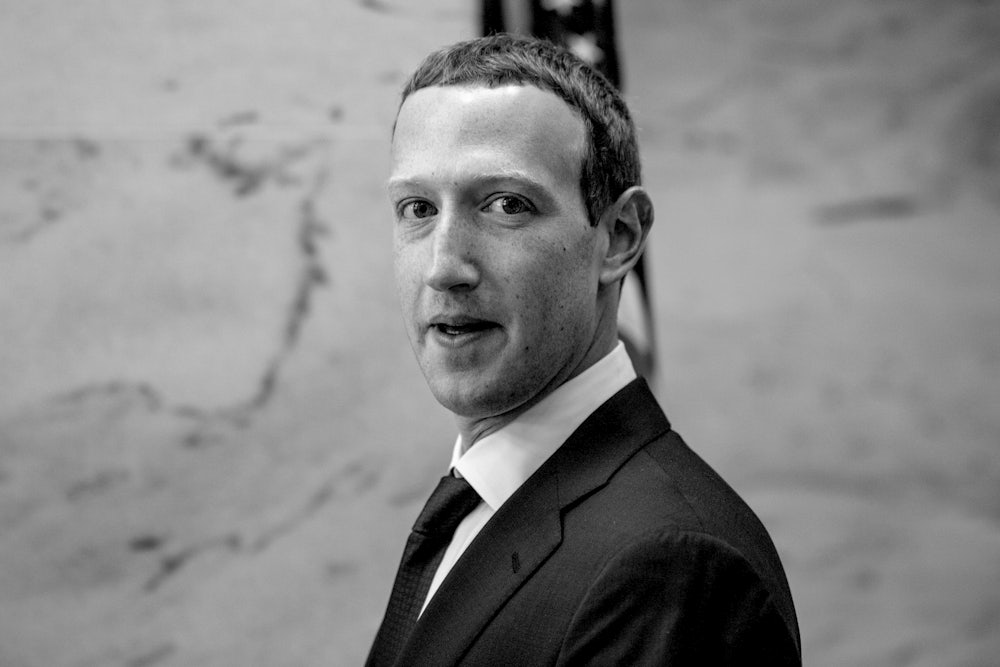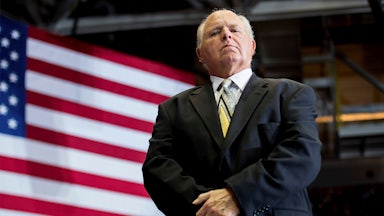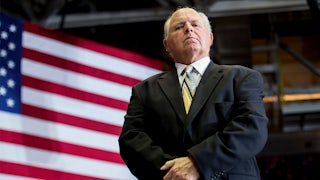Facebook and Australia are at war. Though the country’s Parliament has yet to pass a proposed law that would require tech giants to pay for sharing others’ content, Facebook has already retaliated by cutting off Australian users’ ability to see or share news content; it also instituted a global ban on sharing content from Australian publishers. Claiming it had little choice, Facebook said that “the proposed law fundamentally fails to understand how our services work.” The consequences have been widespread: Australian charities, health care workers, domestic violence helplines, emergency response services—along with newspapers and magazines—have found their Facebook pages rendered useless and their content unshareable. The country’s prime minister, Scott Morrison, said that his government “will not be intimidated.”
This isn’t the first time, even in recent memory, that Facebook has defied a country’s laws or its leadership. In October, it told the Turkish government that it wouldn’t follow a law requiring the company to appoint a local representative (Facebook later relented). After the coup in Myanmar earlier this month, Facebook reduced the military’s access to Facebook—a move that came years too late for the country’s Rohingya Muslims, who had been targets of government propaganda on Facebook amid a larger campaign of genocidal violence.
In all these cases, Facebook acted with a kind of supra-national authority, exercising its power with relative impunity. Now, with Australia—a democracy grappling with how to fairly regulate its tech and media industries—Facebook more than ever represents a belligerent mafia-esque actor, bullying governments over laws and regulations it disagrees with. How Australia and other countries, including the U.S., respond may go a long way toward shaping future relationships between states and the tech giants dominating the public sphere.
There are several glaring ironies in Facebook’s decision to unilaterally cut off access to news for an entire country. The company centered on facilitating human connection—one whose founder and CEO, Mark Zuckerberg, just months ago said, “We’re going to stand for free expression”—is now censoring millions of people in a democratic country. A platform that’s wrestled with misinformation and radicalization is now limiting access to potentially helpful outside information—during dueling global Covid-19 and climate crises, no less. It’s hard to think of this act as anything but punitive.
What does Facebook want? To never pay a penny in taxes or fees, for starters. But the larger answer seems to be that Facebook wants the right to devour a country’s advertising market and freely tinker with the algorithmic dials governing what millions of people see. Anything that stands in the way of their autonomy to set a population’s informational intake—or that threatens to undermine the bottom line—is considered a threat. Facebook’s response in Australia shows that it’s not afraid to go nuclear to protect its market dominance and tens of billions in annual profits—a move that implicitly acknowledges that the company has too much power.
Facebook has said that “news makes up less than 4% of the content people see in their News Feed,” and recent reporting indicates that Facebook would like to bring that number down even further, hoping it will decrease the very factionalism that the site has helped engender. The ideal Facebook space, it seems, is one in which people consume a minimal amount of news but ingest enough other content to keep them motivated to stay on the platform. For years, however, that motivation has come in the form of outrage, division, and incendiary misinformation, toward which Facebook has shown a light touch. Discontent was a useful force to keep users engaged with and posting on the platform. Will suppressing political news change that or simply allow even more fake, divisive content to flourish?
The latter seems more likely. The problem is not just Facebook’s indifferent attitude toward news and paying for content; it’s the company’s long-held nihilism toward information in general. Much as Amazon started selling books because they were easy to ship and could help scale the company quickly, Facebook once embraced the unfettered flow of information because it grew the company (and in Silicon Valley, growth is considered not just axiomatically good, but essential to survival). Connection was deemed a value unto itself that would spread peace in tandem with the company’s growing profit margin. Facebook rarely acknowledged that its role as an informational steward came with certain responsibilities.
That sense of responsibility ultimately may be lost on Facebook’s leadership, which exhibits more cunning than conscience. Facebook has always seen the world through an engineer’s eyes—that is, through Zuckerberg’s. His tendencies, especially a punitive attitude toward his enemies, are on full display in the battle over Australian media. News, in the end, simply isn’t important to him or the company—why would 4 percent of anything be important?—so it can afford to push around an industry it normally treats like a sad charity case. (Facebook claims it has donated to or otherwise supported programs from 30 Australian news organizations.)
The Australian government, meanwhile, has support from civil society and even some other tech companies. While it initially threatened to withdraw its search service from Australia, Google has proven more amenable to paying publishers for access to content. It recently completed a deal with Rupert Murdoch’s News Corp. empire and a separate one with 121 French publishers. Microsoft President Brad Smith explicitly endorsed the proposed law in a blog post and called for it to be adopted in the U.S. Lamenting the decline of the local press, Smith wrote that “the legislation will redress the economic imbalance between technology and journalism by mandating negotiations between these tech gatekeepers and independent news organizations.”
This conflict is about what values the tech industry and government want to support, Smith noted, calling it “a defining issue of our time that goes to the heart of our democratic freedoms.” While the Microsoft executive may be operating partly out of self-interest—positioning his company as a partner that governments can work with—he’s asking the right questions. If there’s going to be a digital public sphere, we simply cannot let Facebook dominate it with all the power of a nation-state and none of the political accountability.




